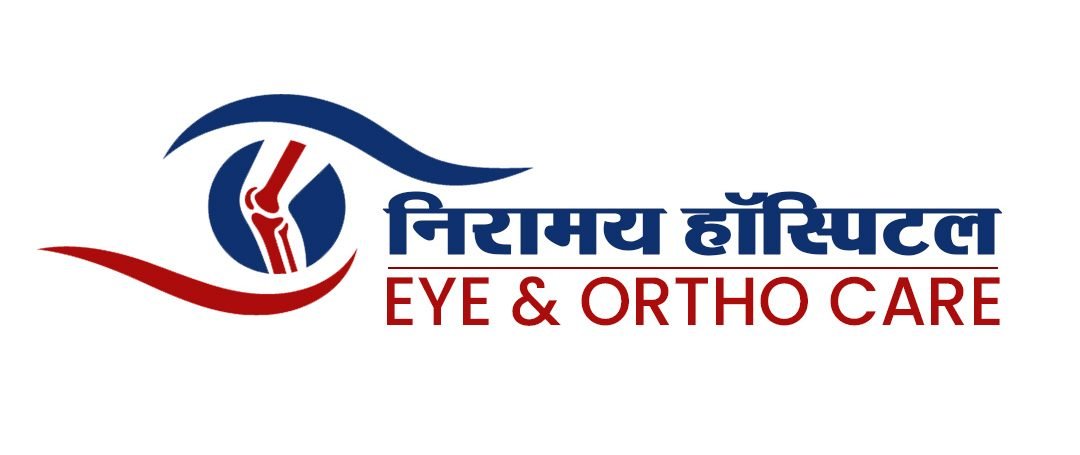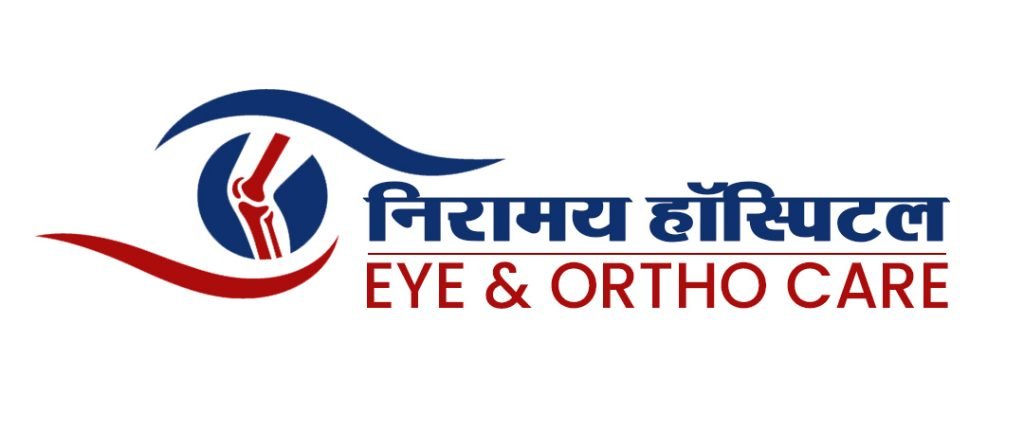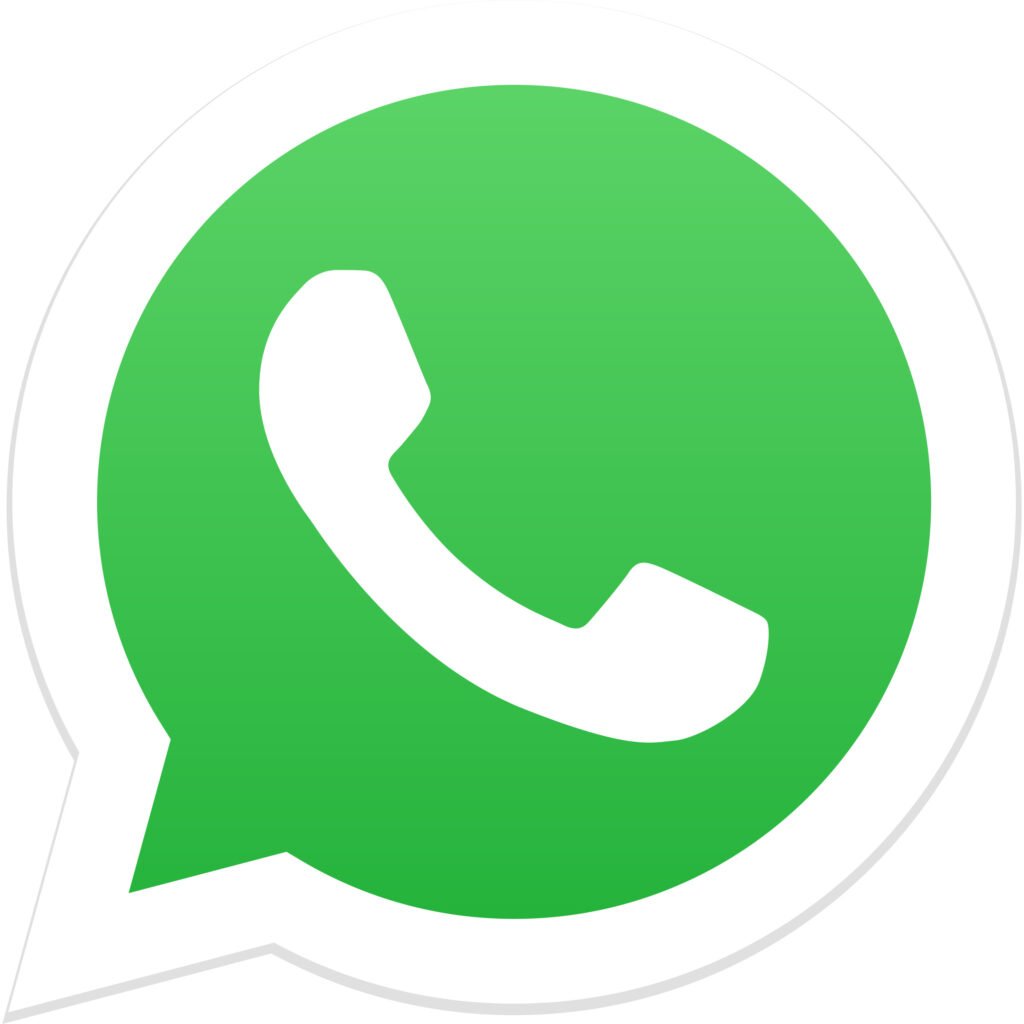PIVD
(Prolapsed Intervertebral Disc)
Treatment In Kota
Prolapsed Intervertebral Disc Treatment Near you in Kota
Prolapsed Intervertebral Disc (PIVD), commonly known as herniated disc or slipped disc, occurs when the spinal disc’s soft center pushes through its tough outer layer. This condition can cause severe pain, nerve compression, and mobility restrictions. At Jain OrthoVision, we specialize in PIVD treatment in Kota, providing both non-invasive and surgical solutions for effective pain relief and spinal health restoration.
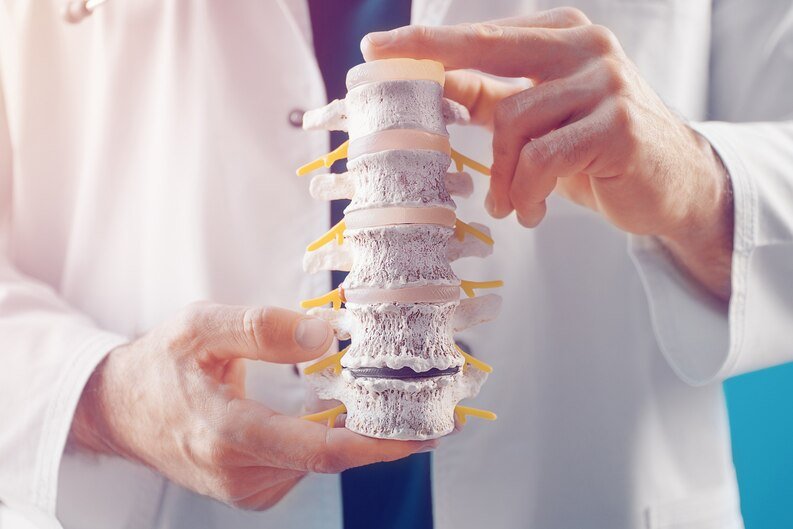
What is a fractured spine?
A spinal fracture, commonly known as a broken back, occurs when one or more of the 33 vertebrae in the spinal column are broken. These fractures are typically the result of osteoporosis or traumatic events such as falls, sports injuries, or car accidents. While most spinal fractures can be managed without surgery, often requiring the use of a brace for several months, more severe cases may necessitate surgical intervention to repair the damage.
Common Symptoms of PIVD
- Persistent lower back pain or neck pain
- Pain radiating into arms or legs (sciatica)
- Numbness or tingling sensations
- Weakness in muscles, affecting movement
- Worsening pain with prolonged sitting, bending, or lifting
Causes and Risk Factors
- Aging: Natural degeneration of spinal discs over time
- Incorrect Posture: Poor sitting and standing habits
- Obesity: Increased stress on the spine
- Heavy Lifting: Incorrect lifting techniques
- Injury or Trauma: Sudden impacts or accidents
- Sedentary Lifestyle: Weak back muscles contribute to disc issues
Diagnosis and Tests
How is PIVD Diagnosed ?
At Jain OrthoVision, we use advanced techniques to diagnose disc prolapse accurately:
- Physical Examination: Assessing muscle strength, flexibility, and reflexes
- Medical History Evaluation: Identifying risk factors and lifestyle habits
- Imaging Tests:
- X-rays: Detect spinal abnormalities
- MRI & CT Scans: Provide detailed disc and nerve visualization
- Electromyography (EMG): Tests nerve function and compression severity
Convenient Location and Accessible Care
If you are experiencing symptoms of disc prolapse, Jain OrthoVision provides expert PIVD treatment in Kota. Don’t let back pain disrupt your life—book a consultation today.
Management and Treatment
Treatment depends on the severity and type of fracture

Non-Surgical Treatment Options
- Pain Medications: NSAIDs, muscle relaxants, and nerve pain relievers
- Physical Therapy: Strengthening exercises and spinal adjustments
- Epidural Steroid Injections: Reducing inflammation and nerve pain
- Lifestyle Modifications: Ergonomic corrections and weight management
- Heat & Ice Therapy: Helps reduce swelling and discomfort
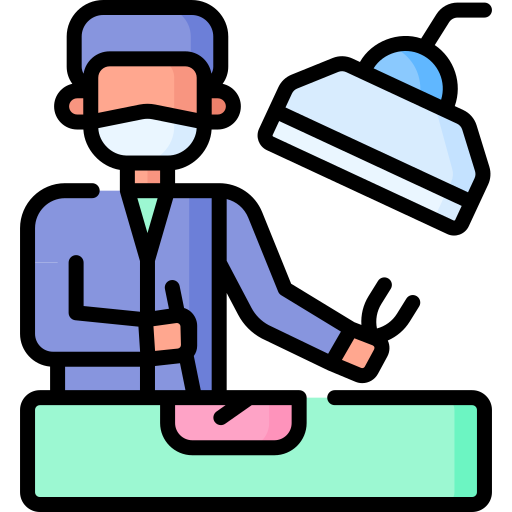
Minimally Invasive & Surgical Treatments
- Microdiscectomy: Removing herniated disc material pressing on nerves
- Laminectomy: Removing part of the vertebra to relieve spinal pressure
- Spinal Fusion: Stabilizing the spine by fusing two vertebrae
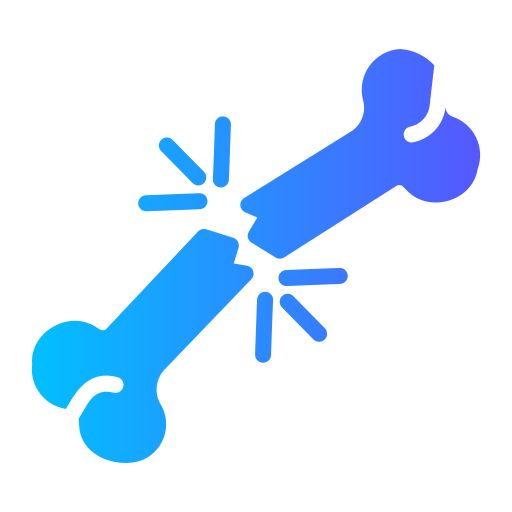
Prevention
Tips to Prevent PIVD
- Maintain good posture when sitting and standing
- Engage in regular exercise to strengthen core and back muscles
- Use proper lifting techniques to avoid spinal stress
- Avoid prolonged sitting and take regular breaks
- Maintain a healthy weight to reduce spine pressure
Why Choose Jain OrthoVision for PIVD Treatment in Kota ?
- Experienced Spine Specialists: Skilled in treating disc conditions
- Advanced Diagnostic Technology: Ensuring accurate assessment
- Customized Treatment Plans: Tailored to each patient’s needs
- Comprehensive Rehabilitation Programs: Supporting long-term recovery
FAQ's About PVID/Disc Prolapse
Can PIVD heal without surgery ?
Yes, many cases improve with physical therapy, medication, and lifestyle changes. Surgery is reserved for severe or persistent cases.
How long does recovery take ?
Recovery time varies, but non-surgical treatments often show results within weeks, while surgical procedures may require months of rehabilitation.
What lifestyle changes help in managing PIVD ?
Regular exercise, weight control, and maintaining proper posture can help prevent and manage symptoms effectively.
When should I see a doctor for PIVD ?
Seek medical attention if you experience severe pain, numbness, weakness, or loss of bladder/bowel control, as these could indicate serious nerve compression.
